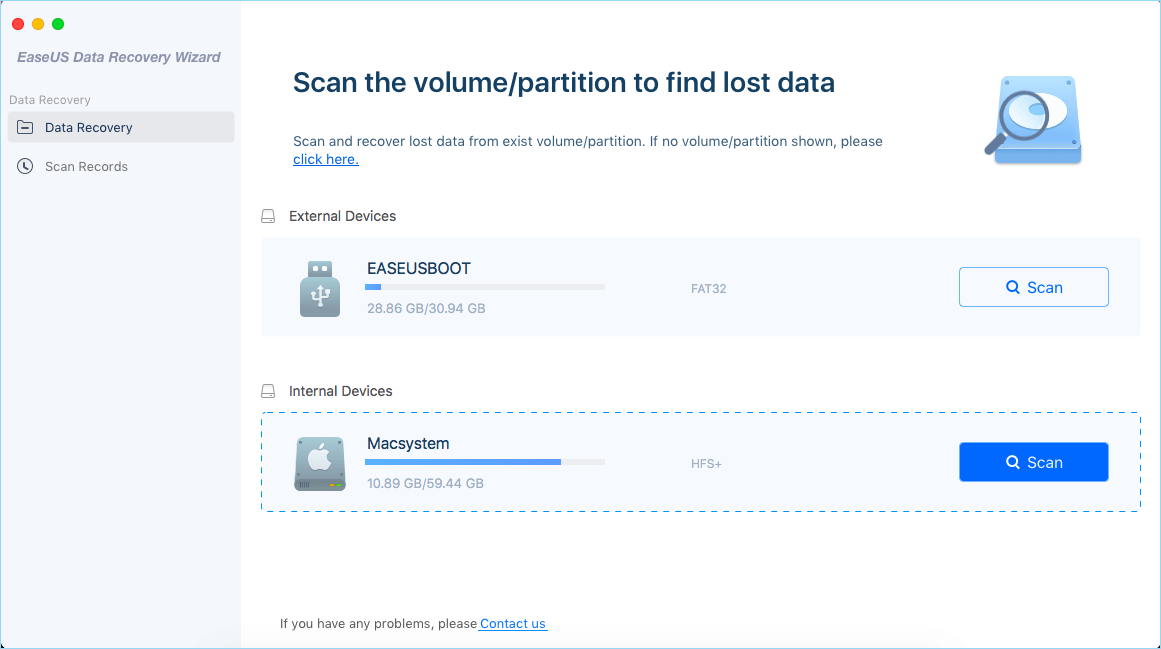

- #TEMP FOLDER FOR WORD DOCUMENTS ON MAC CODE#
- #TEMP FOLDER FOR WORD DOCUMENTS ON MAC WINDOWS 7#
- #TEMP FOLDER FOR WORD DOCUMENTS ON MAC WINDOWS#
The OutlookSecureTempFolder string value is stored in the following key for your version of Outlook. The location of the Securetemp is stored in the registry and you can change the path to point to a new location (which is easier to access and clear), but be sure the new folder exists before changing it in the registry. Find or move SecureTemp using the registry Using this method does not require you to change the hidden files and folder setting.
#TEMP FOLDER FOR WORD DOCUMENTS ON MAC WINDOWS#
You can copy and paste the command found in the correct textbox (above) into the address bar of Windows Explorer then press Enter to jump to the SecureTemp folder, where you'll see the subfolder with the random character name. %USERPROFILE%\Local Settings\Temporary Internet Files\Content.Outlook The shortcut for Outlook 2007 files on Windows XP is: In Vista and newer, the Temp Internet folder is at:Ĭ:\Users\username\AppData\Local\Microsoft\Windows\Temporary Internet Files\Content.Outlook If you have the option set to Show hidden files and folders, you'll see the Content.Outlook folder, if not, type Content.Outlook at the end of the path. To jump to this folder, type shell:cache in the address bar of File Explorer. Outlook 2007 uses C:\Documents and Settings\username\Local Settings\Temporary Internet Files\Content.Outlook\8A0VMD3A, where 8A0VMD3A can be any random characters. %localappdata%\Temporary Internet Files\Content.Outlook Type or paste this shortcut into the address bar of File Explorer to open the location: In Vista, Windows 7/8/10 and newer, Outlook's secure temp folder is at C:\Users\username\AppData\Local\Microsoft\Windows\Temporary Internet Files\Content.Outlook\8A0VMD3A, where 8A0VMD3A can be any random characters.

On the View tab, enable the option to show Hidden Files and Folders. If not, go to Windows Explorer's Organize, Folder and Search Options menu. Outlook's SecureTemp folder should be visible (Content.Outlook or OLK*). This will open Windows Explorer to the TIF file.
#TEMP FOLDER FOR WORD DOCUMENTS ON MAC WINDOWS 7#
To quickly jump to the Temporary Internet Folder (TIF) in Windows 7 and above, type shell:cache in the Start menu's Search field and press Enter. %localappdata%\Temporary Internet Files\Content.Outlook SecureTemp Location for Outlook 2010 & 2013īeginning with Outlook 2010, Outlook does a better job at cleaning up the secure temp files and it's possible you will not find the secure temp folder or files in the secure temp folder. You can use this shorter version instead: To open the folder where the SecureTemp folder Outlook is using is stored, type or paste the following into the address bar of File Explorer and press Enter.Ĭ:\Users\%username%\AppData\Local\Microsoft\Windows\Temporary Internet Files\Content.Outlook HKEY_CURRENT_USER\Software\Policies\Microsoft\office\16.0\outlook\Security However, because Outlook 2016 does a better job of cleaning up the SecureTemp folder, attachments you open may be deleted from the folder except when messages are closed while their attachments are open. The user-hive registry keys do not work with Outlook 2016 (Outlook overrides it with the default location), however adding it to the Policies path will work.
#TEMP FOLDER FOR WORD DOCUMENTS ON MAC CODE#
See clean the SecureTempFolder automatically for VBA code to clear the folder, either every time you close Outlook or only when you want to make sure the folder is empty. If you open image attachments in Windows Photo or Image viewer and click next, you may see old images you thought you deleted. When this folder gets "full" you may have problems opening email attachments or embedded images won't display. If you close the open message or display another Outlook item in the reading pane but leave the attachment open, the temp file is not deleted when you close the attachment. When the message is closed (or you wait to preview another message) after the attachment is closed, the temporary file is deleted from the SecureTemp folder. These files are supposed to be deleted when you close the opened attachment, however this only happens if the email message the attachment arrived on remains open - this is either an opened message in a new window or in the reading pane.


 0 kommentar(er)
0 kommentar(er)
